Home
Liz Truss, the contender for the Conservative party leadership who is expected to become prime minister next Tuesday, resisted temptations to say what she would do about the national energy price crisis. But she was said to have in her pocket licences for new drilling in the North Sea. Nadhim Zahawi, the Chancellor of the Exchequer for the time being, said that even people earning £45,000 a year would need help with their energy bills this winter. The price cap for energy set by the regulator Ofgem will rise by 80 per cent in October, with electricity going up from 28p per kilowatt hour to 52p and gas from 7p to 15p, making a typical annual energy bill currently £1,971 rise to £3,549. Cornwall Insight the market analysts predicted January’s rise would be to £5,386. Sir Keir Starmer, the leader of the opposition, once more said, ‘You’ve got a government that is missing in action,’ as though it had been killed on active service.
Ms Truss, who is the Foreign Secretary, said the jury was still out on whether Emmanuel Macron, the President of France, was ‘friend or foe’. Boris Johnson, the Prime Minister, said that he was ‘un tres bon buddy de notre pays’. The aircraft carrier HMS Prince of Wales set for exercises off America but only got as far as the Isle of Wight before its starboard propeller broke down. Edinburgh dustmen resumed work after a 12-day strike but planned another from 6 September. A rail strike was called to coincide with the Labour party conference.
The whole of England was declared to be in drought apart from the north-east, Cumbria, Lancashire and Manchester. In England, the number of people testing positive for Covid fell to one in 45 and in Scotland to one in 40 by mid-August (from one in 40 and one in 30 a week earlier) according to a regular survey by the Office for National Statistics. The number of people in the United Kingdom in hospital with Covid fell to about 9,000, from 10,000 a week earlier. With 915 migrants crossing the Channel to England in small craft on 28 August alone, the total for 2022 exceeded 25,000, according to the Ministry of Defence. The Duchess of Sussex said in a magazine interview that she had been told by a South African actor: ‘When you married into this family, we rejoiced in the streets the same we did when Mandela was freed from prison.’ At the Notting Hill Carnival only one stabbing was fatal; a police horse also died.
Abroad
Mikhail Gorbachev, the last head of the Soviet Union, died, aged 91. Ukraine began an attempt to regain Kherson on the lower Dnieper. Russia shelled Kharkiv in the east. A team from the International Atomic Energy Agency went to inspect the Zaporizhzhia nuclear power station, occupied by Russia. Russia was reported to be burning off 4.34 million cubic metres of gas a day at a plant at Portovaya, north-west of St Petersburg, near the start of the Nord Stream 1 pipeline, which was closed for maintenance. The UN-chartered ship Brave Commander, carrying 23,000 tons of wheat bound for Ethiopia, reached Djibouti two weeks after sailing from Ukraine.
In Pakistan, floods killed more than 1,000, destroyed 700,000 houses and displaced millions of people. China was experiencing a drought after more than 70 days of high temperatures. Two American warships sailed through the Taiwan Strait, in order to maintain the right to navigate international waters. Technical problems made Nasa postpone the launch of the first rocket in its Artemis project, initially to send the unmanned capsule Orion to the far side of the Moon. Australian police found one ton, 15 hundredweight of methamphetamine hidden inside a shipment of marble at Port Botany, Sydney. Gibraltarians celebrating the elevation of the territory to the status of a city found that it had already happened in 1842 but had been forgotten.
Muqtada al-Sadr, the popular Shia cleric who had recently been critical of Iranian interference, announced on Twitter that he was retiring from Iraqi politics in the face of political deadlock; his followers, the Peace Brigades, who had previously stormed parliament, stormed the presidential palace, and more than 20 people were killed in the violence. Olive groves in Spain, which supplies 45 per cent of the world market in olive oil, suffered the effects of drought. Duane Hansen paddled 38 miles down the river Missouri from Bellevue to Nebraska on his 60th birthday in a hollowed-out pumpkin.
Got something to add? Join the discussion and comment below.
Get 10 issues for just $10
Subscribe to The Spectator Australia today for the next 10 magazine issues, plus full online access, for just $10.
You might disagree with half of it, but you’ll enjoy reading all of it. Try your first month for free, then just $2 a week for the remainder of your first year.

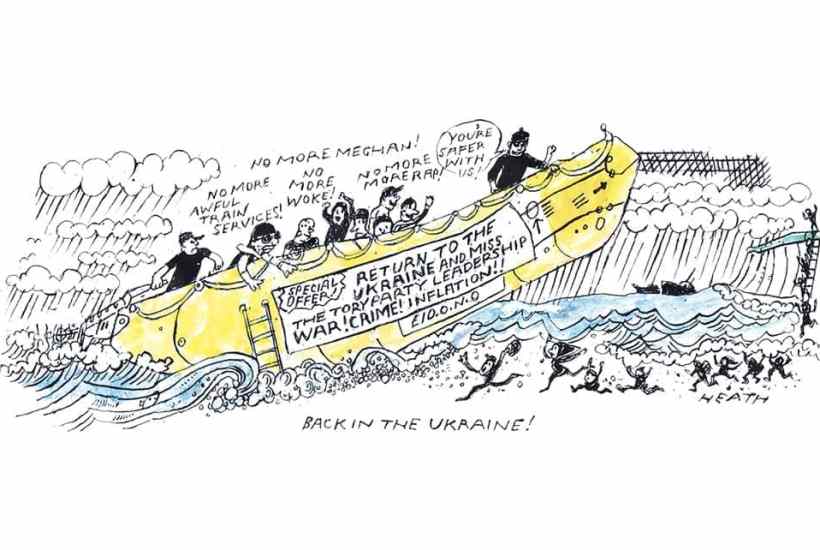
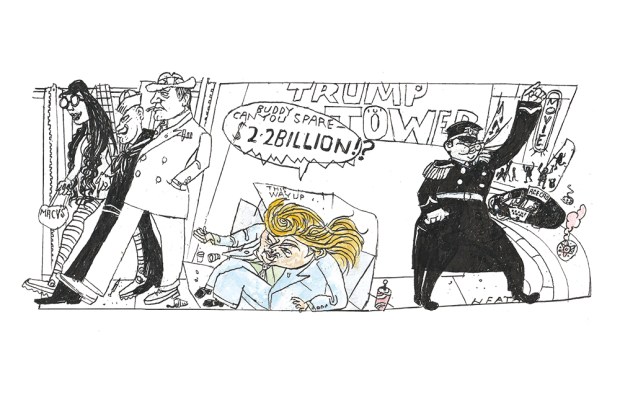
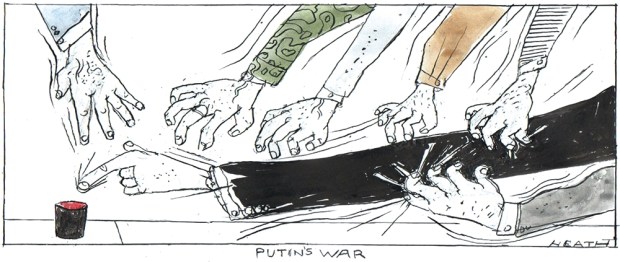
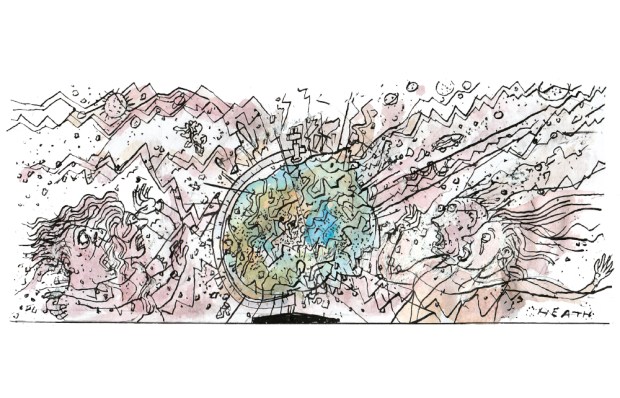
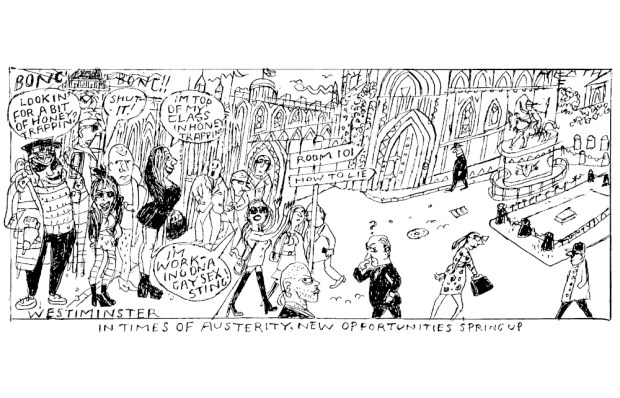
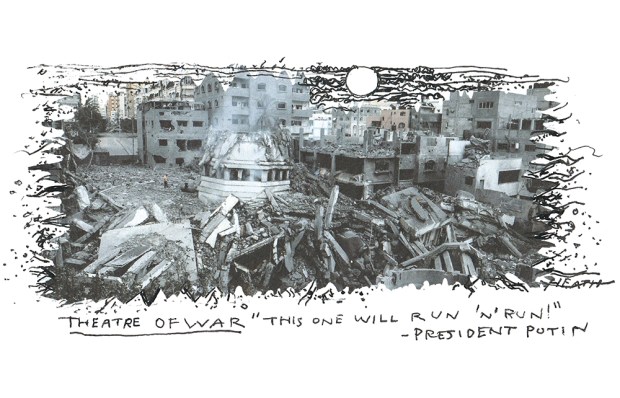







Comments
Don't miss out
Join the conversation with other Spectator Australia readers. Subscribe to leave a comment.
SUBSCRIBEAlready a subscriber? Log in